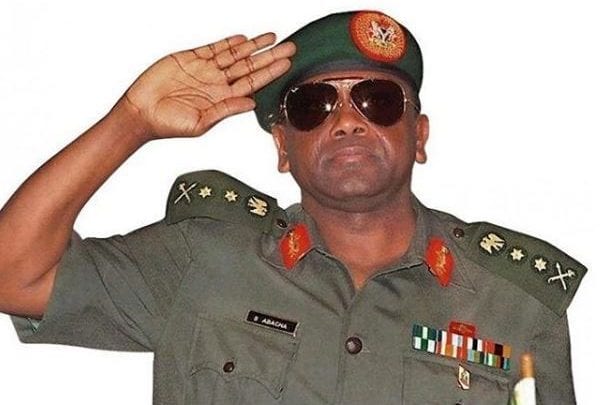
Professor Ode Ojowu, a former chief economic adviser to ex-president Olusegun Obasanjo has said that the late Head of State, General Sani Abacha was not the only one who looted the national treasury.
Ojowu, who also served in the Abacha’s regime as a member of the National Economic Intelligence Council in a recent interview said corruption in Nigeria has been rife.
He said, ” There was corruption, but to what extent? I didn’t know about the so-called Abacha loot until I came out of the system.”
Also a former commissioner for finance and economic planning for Benue State, Ojowu noted that the accusations that Abacha looted the country dry could not have happened people had not aided in the looting process.
Since his death, government of various states including the United Kingdom have continued to repatriate funds tagged “Abacha loot” to the Nigerian government.
It was gathered that the Federal Government between 1988 and 2020 had recovered a total of 3.6 billion dollars looted by the former military leader.
However, Ojowu who also served the Muhammadu Buhari administratiion as a member of the economic advisory team while defending his late boss said, “What interests me about Abacha loot is that he didn’t travel out of this country as a head of state. So, who helped him to do the looting?
“Till today, nobody in Nigeria has been arrested for facilitating this loot. And I keep wondering – Supposing Abacha was alive, would you be talking about such loot?”
He said while he believes there were some acts of corrupt activities in the system at the time, he is yet to be convinced that the late Abacha perpetrated the alleged looting alone.
“I believe there was corruption, but Abacha was not the only one that looted. So many people looted and are still looting. We are talking about Abacha loot because he is no longer alive. Maybe people looted in his name.
“It could be his or in his name. What I mean is that many people are looting, but because they are alive, you cannot afford to label corruption after their names,” he added.
He also commended the Abacha administration from doing its best to avoid any form of borrowing throughout the regime.
He said, “I remember that during that period, we discouraged him from borrowing. Go and check if he borrowed.”
